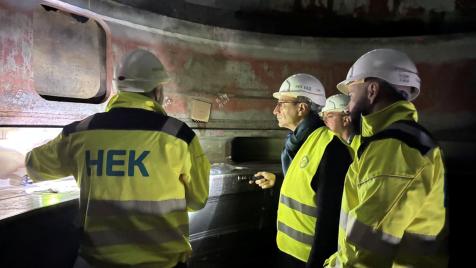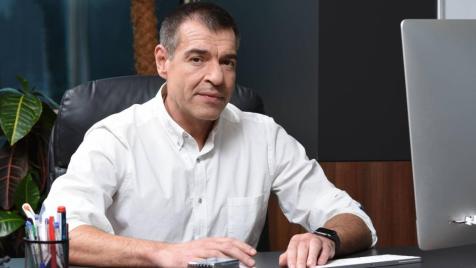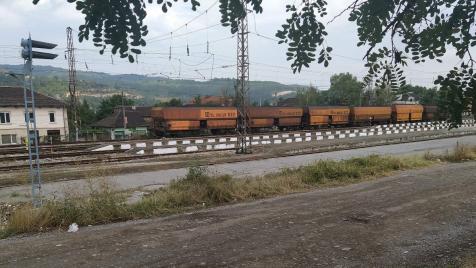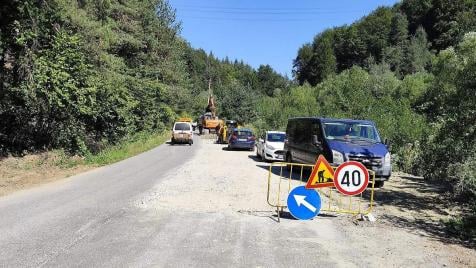AFRY Schweiz uncovered the cause of the accident at Chaira Pumped Storage Hydro Power Plant
The Swiss company's report found the technical cause, but no culprits have been identified
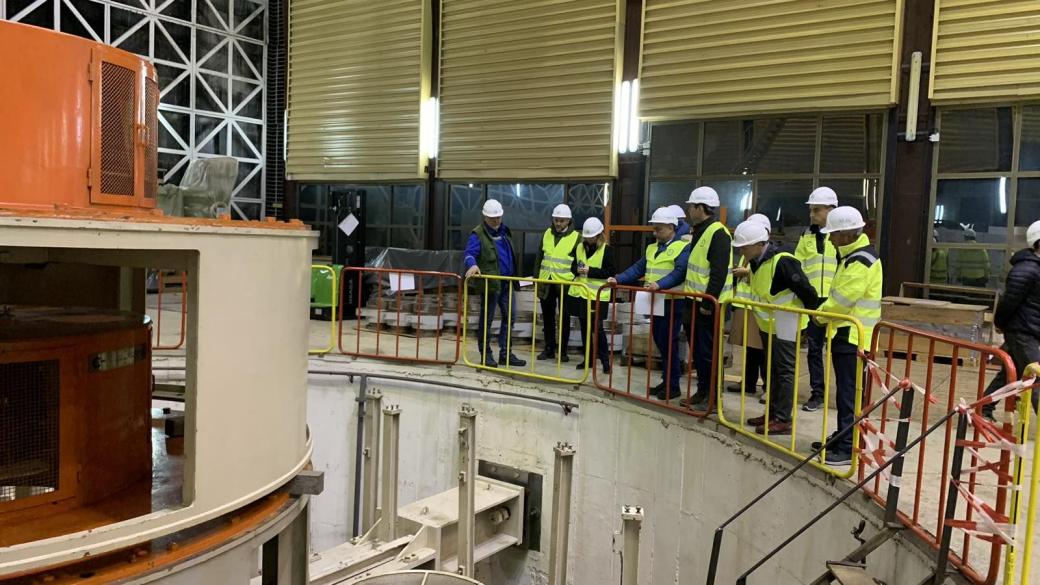
© ECONOMIC.BG / Bulgarian Ministry of Energy
"Material fatigue" - this is the main reason for the breakdown at Chaira PSHPP, in Bulgaria, a year and a half ago. This finding is present in the report of the Swiss company AF-Consult Switzerland AG (AFRY Schweiz AG), which was hired by the National Electric Company (NEC) to determine the cause of the accident at the plant in the spring of 2022.
The main reasons for the breakdown are "the original design of the turbine, which creates high local stresses, and cavitation (partial surface destruction of the metal), which leads to the accumulation of fatigue in the material. The cumulative effect of the above factors led to the accident".
The Bulgarian Ministry of Energy specifies that at the time of its construction (the 1980s) this was the optimal turbine design for the so-called zero (pilot) project of the high-pressure Pumped Storage Hydro Power Plant. The subsequent technological developments have made better solutions appear since then.
The Swiss company carried out analysis and verification of activities during the operation and rehabilitation of the plant facilities, computer modelling of the processes and examination of metal samples in a German laboratory. The report indicates strong depreciation of key equipment from the hydro unit, emphasizing that the damage is atypical for similar types of equipment in global practice, as the energy ministry reports.
The report findings on the root cause of the accident with hydro unit (HU) 4 at the beginning of 2022 were presented yesterday at the Chaira PSHPP itself, where the Energy Commission of the Bulgarian National Assembly (the country’s parliament) held an extended meeting, at which the MPs were informed about the state of the plant. The meeting was closed to the media.
We remind you that in the middle of the month, after a hearing requested by the MPs, Energy Minister Rumen Radev explained that the reasons for the major accident at the plant were complex - lack of basic repair and improper operation, which resulted in faster fatigue of the metal.
Chronology of the ill-fated repair
In 2019, NEC chose the Austrian consortium ABB-Voith to rehabilitate the plant. During tests in March 2022, however, one of the units was flooded, after which the facility stopped working completely. To this day, critics argue that the original contractor of the project - the Japanese corporation Toshiba - was not involved in the repair. From the energy minister’s hearing, it became clear that in 2013 Toshiba prepared a procedure after its own study, which the companies that would rehabilitate the plant must necessarily follow.
The energy minister explained that the first cycle of repair works of the hydroelectric power plant was skipped over the years, even though rehabilitation must be done every 12 years.
The 2019 rehabilitation contract was thus the first time that repair activities were undertaken - 24 years after the launch of units 1 and 2," explained Radev. The reason for the repair to start from the fourth unit, which was tested first, is that it was the one that showed a defect in 2019, and therefore the company decided to start with it.
The load factor
Rumen Radev explained that the plant's load factor was four times higher than the allowable for this plant’s schedule and mode of operation, and this certainly created conditions for faster metal fatigue.
The cumulative load factor must be below 1. However, measurements showed that due to the number of operating cycles in turbine and pump mode, it was a staggering 3.9 units. This is four times higher than the reasonable rate for this schedule and mode of operation."
According to the energy minister, in the 2016-2019 period, along with the development of the renewables market, this was the easiest way for certain operational actions to take place.
Following the conclusions of the AFRY Schweiz AG report, it is ultimately unclear who is to blame for the accident, which will leave the plant out of commission for more than two years. It is unclear whether responsibility will be sought for the way the facility has been operated over the years, which apparently led to the accident.
Translated by Tzvetozar Vincent Iolov

 Aleksandra Sotirova-Delcheva
Aleksandra Sotirova-Delcheva 

